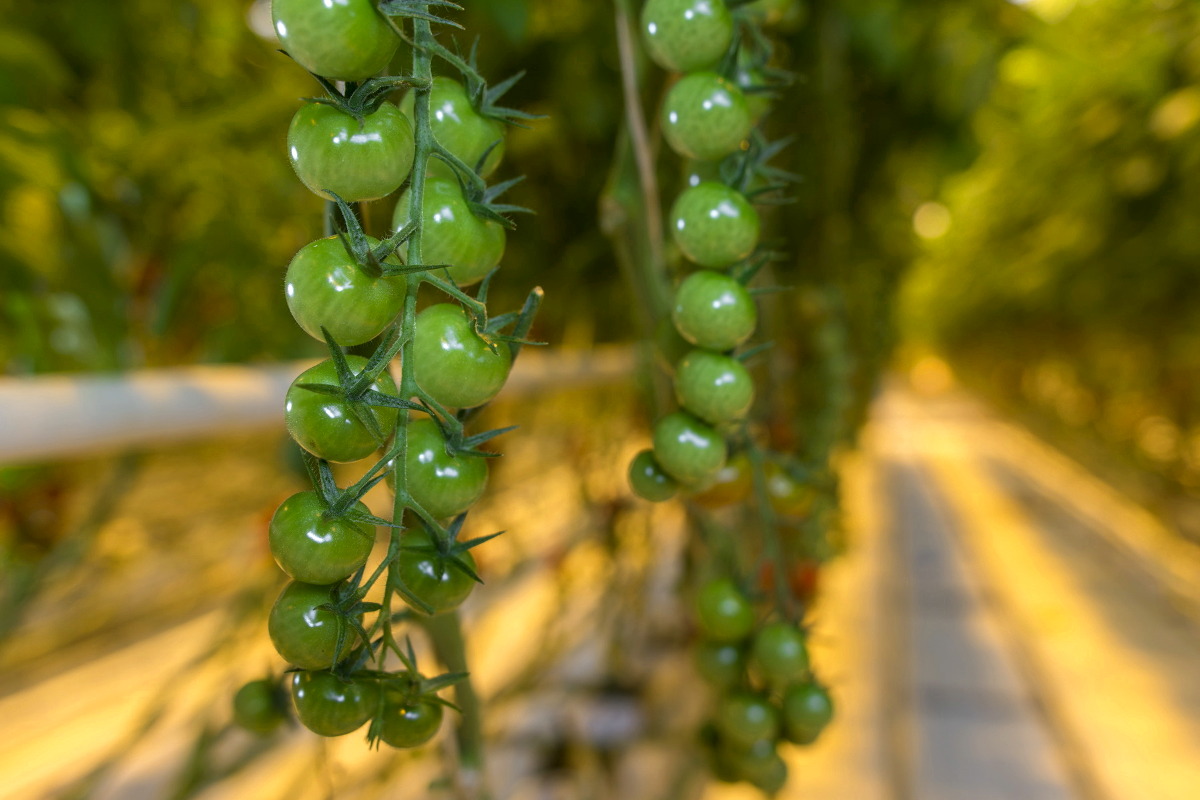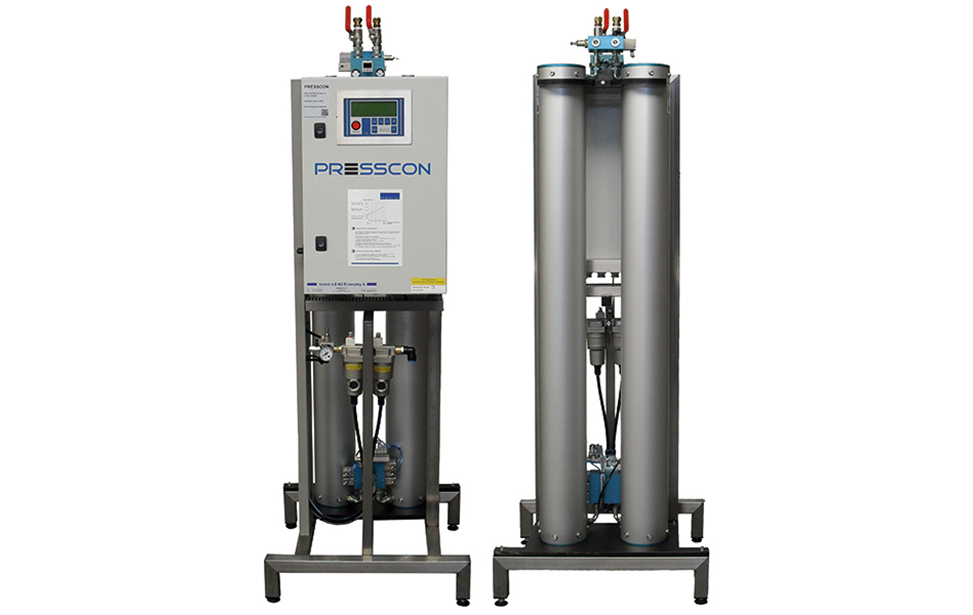The “Vestnik APK” information and analytical magazine published an article entitled “The Green Resource”, mainly dedicated to the Russian vegetable and fruit markets. The authors’ findings revealed the details of this area of economy developing in our country, what has changed in recent years, and also touched upon the various trends existing in the industry at the moment. One of the invited experts was Alexander Rudakov, the President of ECO-Culture holding.
The UN has declared 2021 as the International Year of Vegetables and Fruits. The initiative aims to raise public awareness about proper nutrition, as well as to emphasize the importance of fresh vegetables and fruits in promoting the health and immune status of the human body.
Despite the progressive development of the global vegetable market, there are pressing problems in this area to be addressed in the very near future. Among the main ones, according to the Food and Agriculture Organization (FAO), are serious output losses in the production cycle from harvesting to retailing. Statistically, the world loses up to 50 per cent of all the vegetables and fruits cultivated during this step. With the raw materials and energy being wasted by almost half, the economy and the environment suffer substantial damage. Experts believe digital innovations can help reduce humanity’s losses.
This is the direction the market is moving now, including its Russian segment. Vegetable production in our country is a rapidly growing industry given a new start thanks to the import substitution program. Experts admit the low incomes of the population as one of the main obstacles for fruits and vegetables to become a major part of the Russians’ everyday diet. Nevertheless, we can see that consumption of these products tends to increase by 2-3 per cent each year.
Alexander Rudakov believes market consolidation to be the main trend in the development of the industry in Russia. Right now, there are both large and small players operating in the industry. However, those who cannot cope with the increasing demands on product quality and environmental friendliness will inevitably lose their positions. The President of ECO-Culture, the largest Russian greenhouse holding, is convinced that the companies remaining on the market will merge into co-ops in the nearest future. A completely natural process, it will ultimately prove to work to the consumer’s advantage.
Another trend on the Russian market is related to the berry sector development. The reason for this is the challenges faced by the domestic producer obliged to replace about 1 million additional tons of fruit and vegetable products. Indirectly, the import substitution policy affects the development of the greenhouse industry as well. With the open ground production volumes decreasing by 5 per cent every year, the indoor segment, on the contrary, keeps growing. After all, greenhouse cultivation offers indisputable advantages such as savings in water resources, labor costs, and greater industrial capacities.
Asking the question of how human labor costs are reduced, Alexander Rudakov said it was the result of automating the processes. All the different phases of plant care – watering, nourishing, lighting, temperature control – are now controlled by the computer. It is the high technological effectiveness of modern greenhouse complexes that increases the yield and profitability of the production.
Further in the article, the authors and experts continue to discuss the automation of the agro-industrial sector in Russia, giving other examples of technical and digital innovations being successfully adopted.
The tendency leads us to hope that the increasing harvest of vegetables, fruits, and berries, as well as improving their quality will lead to a significant increase in the consumption of these products in the country and bring positive changes in the diet of our fellow citizens.












